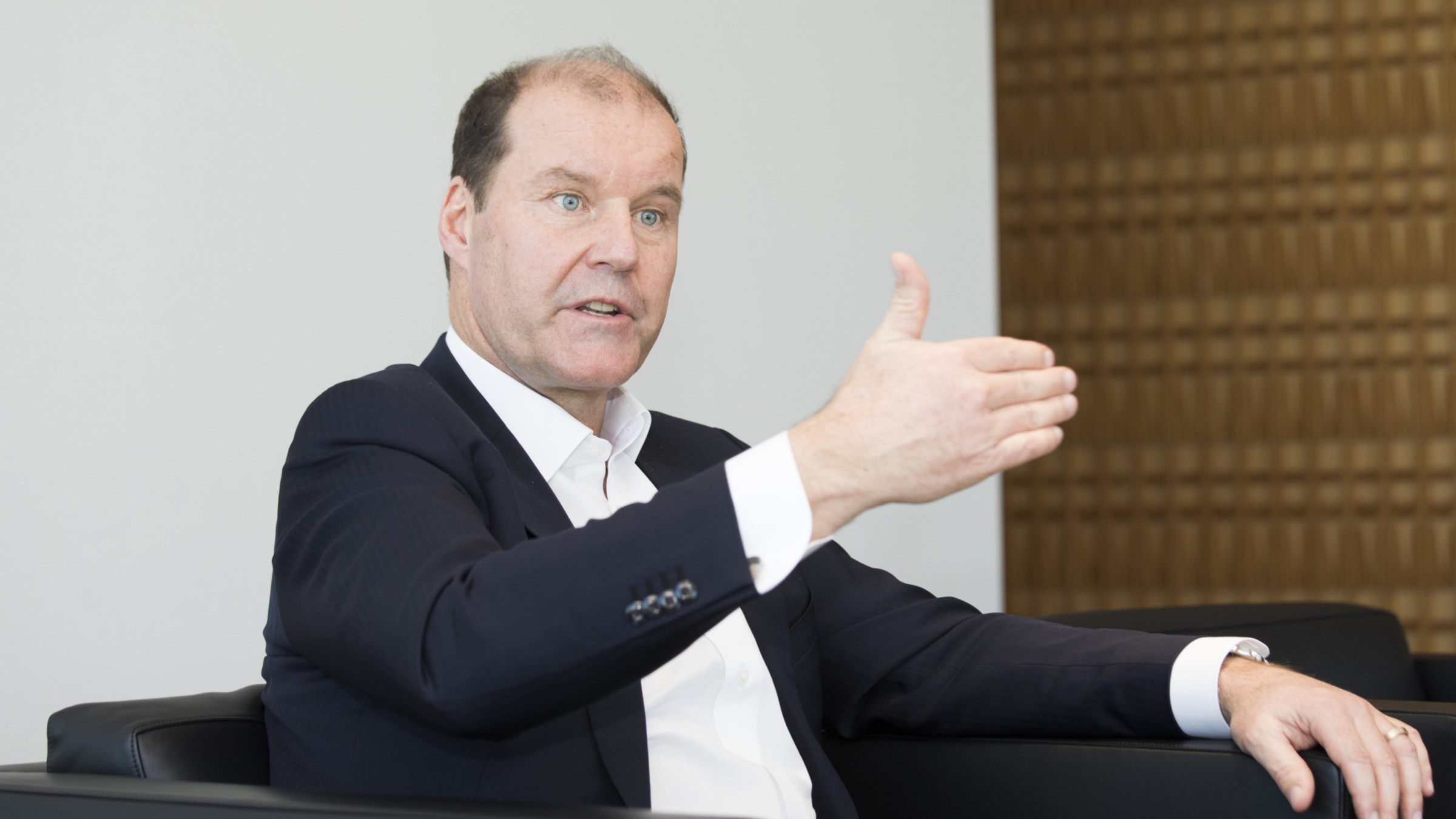
Takeda focuses on ‘diverse’ pipeline prospects on heels of two acquisitions
After a whopping $4 billion asset buy from Nimbus Therapeutics, along with a $400 million deal with Hutchmed for a colorectal cancer drug, Takeda executives touted pipeline optimism on its latest earnings call this week.
That’s because the TYK2 inhibitor for psoriasis Takeda is getting from Nimbus, along with the Hutchmed fruquintinib commercialization outside of China, are just two of what it reports are 10 late-stage development programs of promising candidates.
Unlock this article instantly by becoming a free subscriber.
You’ll get access to free articles each month, plus you can customize what newsletters get delivered to your inbox each week, including breaking news.